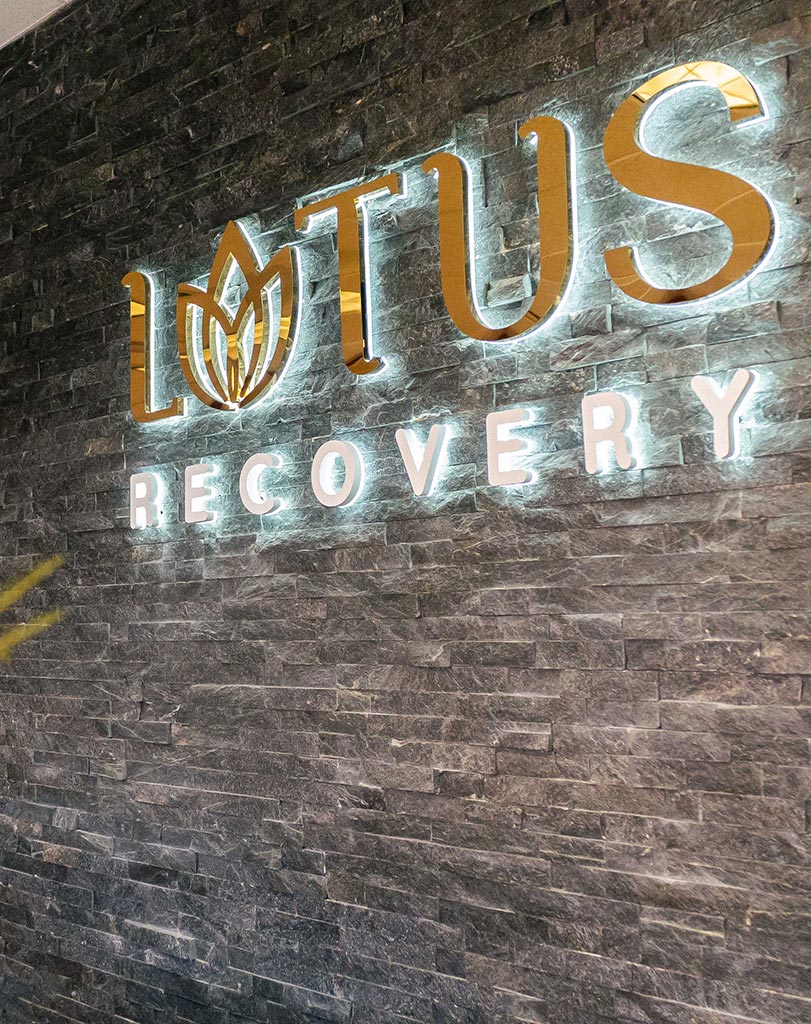Discover the Healing Potential of DBT
Dialectical behavior therapy, or DBT, is a comprehensive approach designed to help individuals overcome addiction and mental health challenges, as well as achieve long-term recovery. DBT uses cognitive-behavioral techniques with mindfulness practices to address the emotional and psychological challenges that contribute to mental health and substance use disorders. Understanding how DBT can transform your life and support your journey to healing can help you get the most from this therapy.
Lotus Recovery is committed to providing comprehensive treatment services to every client. We recognize that mental health and substance use disorders affect every aspect of life, which means treatment must address them as well. DBT is a key component in our recovery plans because it not only treats these disorders but also helps with managing intense emotions and reducing self-destructive behaviors.
What is Dialectical Behavioral Therapy (DBT)?
DBT is a type of cognitive-behavioral therapy initially developed to treat borderline personality disorder but has since proven effective for a range of mental health conditions. It focuses on helping individuals understand and accept difficult feelings, learn how to manage these feelings and make positive changes in their lives.
For example, if a person is experiencing overwhelming emotions, such as anger or sadness, they may turn to substances to cope. DBT helps the person identify and label their emotions accurately so that they can understand what they are feeling. This way, they can address their emotions directly rather than turning to self-destructive behaviors like drug or alcohol use.
At the same time, DBT also teaches people how to manage their emotions using tools like mindfulness, emotion regulation, communication, distraction and self-soothing. It also encourages individuals to challenge negative thoughts and promote positive change by changing their thinking patterns, much like cognitive behavioral therapy (CBT) does. The difference between CBT and DBT is that DBT also focuses on accepting yourself the way you are.

How DBT Supports Healing from Mental Health and Substance Use Disorders
Mental health and substance use disorders are complex and infiltrate every aspect of life, which is why recovery is a lifelong process. If you’ve always struggled with negative thoughts about yourself, your years of using drugs or alcohol have only made this worse. But no matter how lost you may feel, know that help is available. By committing to a treatment program, you can start taking steps to a positive transformation.
DBT supports recovery from mental health conditions and substance use in the following ways:
- Managing intense emotions effectively
- Teaching effective coping skills, such as mindfulness
- Building resilience
- Improving relationships
- Setting healthy boundaries
- Promoting positive change
- Challenging negative thought patterns
Experience the Transformative Power of DBT
Lotus Recovery gives our clients as many tools as possible to support them on their journeys to recovery, and DBT is one of them. Our team of licensed therapists is extensively trained in DBT, mental health and addiction, providing expert care and support. We also tailor our DBT program to meet the unique needs and goals of each individual, ensuring personalized and effective treatment. To learn more about dialectical behavior therapy and how it can support your journey to healing, contact Lotus Recovery today.
